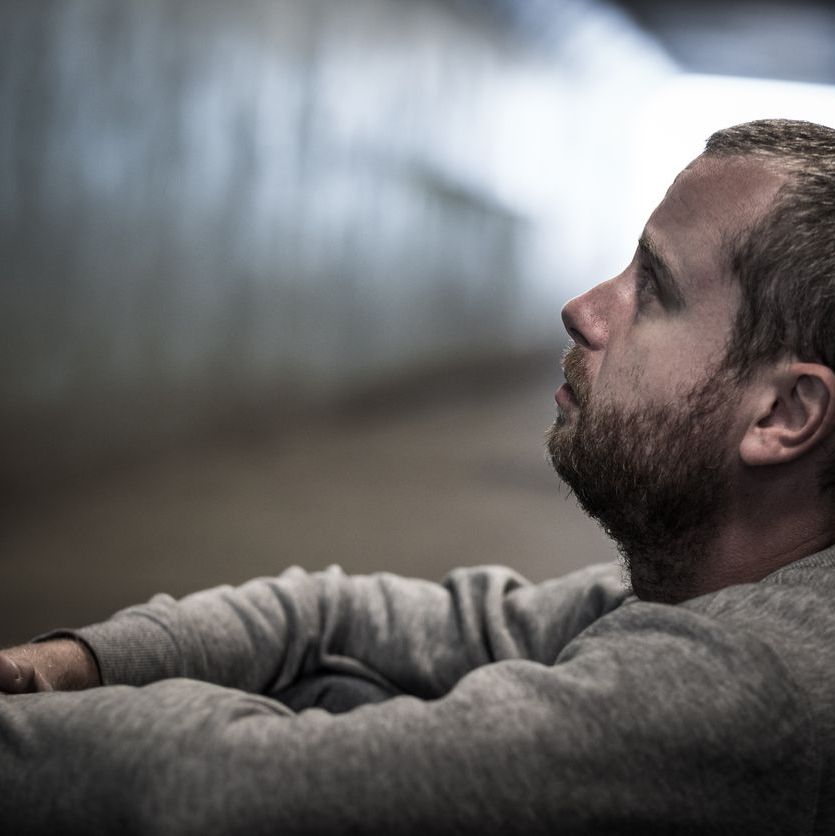Veterans Treatment Court

The Veterans Treatment Court is a court program that aims to treat veterans with fairness when they encounter the criminal justice system. War can affect the psychological well-being of soldiers, and many veterans attempt to self-medicate after returning home. According to the Office of National Drug Policy, the majority of veterans in federal and state prisons have some kind of substance abuse disorder. A quarter of these veterans were under the influence of drugs when they committed their alleged crimes.
Veterans Treatment Courts in California act as problem-solving courts. They aim to reduce these numbers with alternative sentencing programs and access to treatment. If you are a veteran, you may be eligible to have your case heard by Veterans Treatment Courts. For guidance based on your unique situation, contact an experienced criminal defense law firm in California – contact Gressley & Donaldson.
Veterans Treatment Courts Explained
Some veterans can have their criminal cases moved to the Veterans Treatment Court in California. Also known simply as the “VTC,” this court aims to address the root cause of criminal behavior among soldiers. Often, this is some form of mental illness caused by the experiences of war.
What Are Veterans Treatment Courts?
VTCs are governed by PC 1170.9 This law states that some veterans suffering from problems caused by their military service can avoid prison or jail. They can instead access treatment for their mental health issues, like a drug treatment program for substance use disorders with qualified healthcare providers. If sentenced under this program, your treatment period cannot exceed the jail or prison sentence you would have otherwise received. For example, if you faced a one-year term in jail, you would have to complete a maximum treatment program of one year. Normally, the treatment program lasts for 15-19 months.
There is a high level of cooperation between VTCs and other veteran-focused organizations – most notably the Department of Veterans Affairs. VTCs have the authority to dramatically reduce your criminal consequences. It may end your probation, reduce felonies to misdemeanors, and dismiss charges.
Who Participates in a Veterans Treatment Court?
PC 1170.9 applies when a person:
- has served in the U.S. military,
- is involved in a criminal matter,
- has experienced post traumatic stress disorder (PTSD), traumatic brain injury, military sexual trauma, substance abuse, or other mental health disorders stemming from military service, and
- This person alleges that the criminal activity in question was committed as a result of the mental illness or disorders listed above.
It’s not always straightforward to figure out if this applies to you. Consult an attorney for more information.
Justice for Vets: The National Association of Drug Court Professionals
Veterans Treatment Courts fall under the general classification of “Drug Courts” facilitated by the National Association of Drug Court Professionals (NADCP). On a broad level, all Drug Courts use treatment and monitoring to encourage those struggling with substance abuse to recover and avoid future criminal activity. Justice for Vets is one branch of the NADCP alongside the Treatment Court Institute, Impaired Driving Solutions, and the Center for Advancing Justice.
What Are the Eligibility Requirements for Veterans Treatment Court?
You must be a former or current member of the United States military to have your case heard by the VTC. This includes all branches, including the National Guard. In addition, you must establish that you are suffering from some kind of mental health issue as a result of your service. These issues might include Post-Traumatic Stress Disorder (PSTD), Traumatic Brain Injuries (TBIs), Military Sexual Trauma (MST), or a substance abuse disorder.
You must also show a willingness to engage in treatment. This is a very important requirement, as the court will not provide you with treatment unless there is a legitimate chance of recovery. In addition, you must commit yourself to pursuing results during the treatment program. Note that this program may be “residential” in nature, and you may not have the ability to leave the treatment facility.
At the end of the treatment program, the VTC will assess your progress, the level of threat you pose to public safety, and your career potential. If you have made positive developments in these areas, the court may reduce felonies to misdemeanors, dismiss charges, and end probation.
With a few minor exceptions, only non-violent offenders are eligible for VTCs. Remember, you must plead guilty to have your case heard by the VTC.
Pleading guilty may not always be in your best interest, and you should discuss this with your California defense lawyer before making any hasty decisions.

The Veterans Treatment Court Planning Initiative (VTCPI)
In 2019, the Veterans Treatment Court Planning Initiative (VTCPI) promoted funding and assistance to an initial cohort of five states: Ohio, Pennsylvania, California, Virginia, and Maine. The VTCPI’s main goal is to improve VTCs across the nation. For average veterans facing criminal charges, this will provide greater access to alternative sentencing opportunities and effective treatment. In other words, VTCs are more accessible than ever before in California.
Contact Gressley & Donaldson Today to Learn More
Veterans who have honorably served our nation should receive assistance in times of need. Have your case heard by the Veterans Treatment Court, and you may experience reduced sentencing while gaining access to treatment.
If you are eligible to participate in the Veterans Treatment Court, it often makes sense to take full advantage of this opportunity.
But, as discussed above, it also means pleading guilty to a crime. That may not always be in your best interest. It’s important to talk to an attorney before making any decisions.
Contact Gressley & Donaldson to learn more about your legal options and fight your charges in an effective, dignified manner that reflects your service.
Frequently Asked Questions
- What is the goal of veterans courts in California?
The main goal of veterans courts is to provide former and current military service members with access to treatment. In some cases, these treatment programs can replace normal criminal consequences – such as incarceration.
- What is the penal code for veterans treatment court?
The Veterans Treatment Court in California is described by PC 1170.9. This section outlines eligibility requirements, treatment options, and sentencing procedures for former or current US soldiers.
- What makes veterans different from other types of offenders?
Veterans may have different psychological profiles compared to normal offenders in California. They are more likely to experience mental illness, and a particularly common ailment is Post-Traumatic Stress Disorder (PTSD). Veterans also have high rates of substance abuse.
- What is the Veterans True Choice Act of 2023?
The Veterans True Choice Act of 2023 gives veterans TRICARE Select coverage. This Department of Defense health care program provides excellent access to virtually any doctor in the United States.
contact us to start building your defense
We understand that being accused of a crime is one of the most challenging times of your life. Rely on us to advocate for your rights and to give you the defense you deserve.
